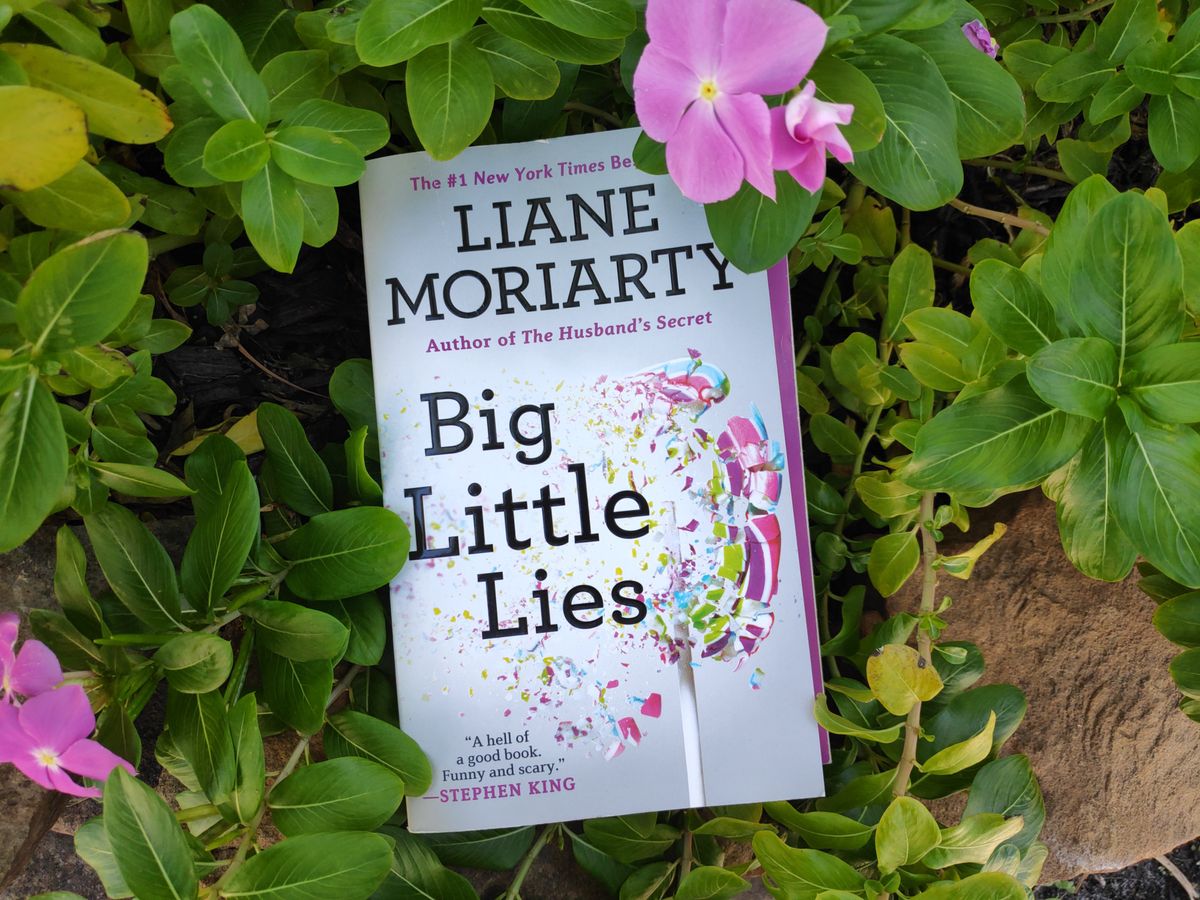How ‘Big Little Lies’ Subverts Our Expectations of Women
Liane Moriarty’s novel, now an HBO drama, demonstrates female solidarity in important and unexpected ways.

Warning: This post contains spoilers for Liane’s Moriarty’s “Big Little Lies,” as well as Season 1 of the TV adaptation.
Liane Moriarty’s novel, now a hit HBO drama, is a story about the colliding lives of three mothers, male violence, and intergenerational trauma. It’s a riveting mystery that is hard to set down, and the twists and turns will keep you on your toes. Beneath the glossy whodunit exterior, though, is a story about something deeper: female solidarity under patriarchy.
Initially framed as a catty Real Housewives-esque soap about women who take their kids’ Kindergarten class drama way too seriously, the sisterhood on display is in sharp contrast to our expectations both of this type of story, and of women as a whole.
The book highlights our expectations of women, calling us out for the sexist stereotypes in its subversion of them. It’s clear that Moriarty used these stereotypes as a red herring, hiding the true nature of the murder until the big reveal. For most of the book, readers will likely believe that the three main protagonists will eventually turn on each other, leading to the death of one and murder conviction of another.
But this is not the case. Despite the many twists and turns, the three women never turn on each other.
Moriarty, it seems, took the trope that “women are too much drama” and flipped it on its head, demonstrating just how much of women’s “drama” is a reaction to male violence, abuse, or just generally shitty behavior.
Even the competing mothers of Pirriwee Public never take their competition over the line, and somehow always find ways to humanize each other. Madeline, one of the book's main protagonists, often finds herself at war with Renata. The two are pitted as enemies, and their feuds fuel a lot of the school’s conflict.
Yet, Madeline consistently displays empathy for Renata, and even regret when she feels her feud with her has crossed a line. For example, when Madeline learns that Renata’s husband has been cheating on her with the nanny, Madeline expresses that she doesn’t hate Renata so much to really enjoy the news.
”Moriarty allows women to be fully-formed, three-dimensional, flawed human beings without making their flaws at the expense of other women.”
One afternoon in the school pickup line, Madeline is distracted yelling at her teenage daughter in the front seat and gets into a fender-bender with Renata. Renata, understandably, yells at her. Madeline yells back, but later feels guilty after she remembers the affair. She makes a mental note to apologize to her rival.
These small occurrences are trivial in the grand scheme of the story that unfolds, but they set the tone. The message is clear: even among rivals, there is female solidarity.
When Jane comes out to Madeline and Celeste about the rape that led to her son, that female solidarity is on full display. There is no slut-shaming or victim-blaming to be found — just pure, unconditional, support.
“Oh, Jane. I’m so sorry that happened to you,” said Madeline, “Do not for a moment think that you are in any way to blame.”
Later, when Madeline’s husband appears to blame Jane for the assault, Madeline defends Jane (perhaps, even, a little too emphatically). Madeline goes on to support Celeste with the same empathy and zeal when she finally learns of her husband, Perry’s, abuse.
When Bonnie, who witnessed her father’s abuse of her mother as a child, sees Perry hit Celeste, she experiences a PTSD episode and snaps — pushing him over a balcony where he falls to his death.
Although many of the women, Madeline included, did not particularly like Bonnie, they are quick to defend her. When push comes to shove (pun intended), the women stood by each other in solidarity.
“Big Little Lies” paints a drastically different picture of female solidarity than most mainstream culture, which constantly pits women against each other. This trope doesn’t come from nowhere — women and girls are forced into competition by patriarchy in a myriad of ways, including competition to be the “cool girl” who is “not like other girls” and proudly states that “women are too much drama.”
In the end, it’s clear that the drama in “Big Little Lies” was entirely sparked by men — one man in particular — and the women were simply responding to their surroundings. Moriarty allows women to be fully-formed, three-dimensional, flawed human beings without making their flaws at the expense of other women.
Whether or not this perfect sisterhood is realistic is not the point. We learn culturally acceptable behaviors from the media we consume, and Moriarty has provided in “Big Little Lies” a playbook for female solidarity. While the protagonists of Pirriwee are all flawed in their own way, their sisterhood can still serve as a model for today’s women as we navigate complex issues of male violence with each other.
Stay in touch! Subscribe to get feminist writing in your inbox.
Cover photo by author.
Enter your email below to sign in or become a 4W member and join the conversation.
(Already did this? Try refreshing the page!)





Comments